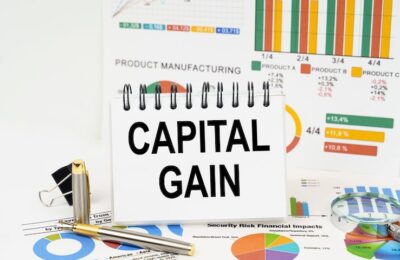Since the Labour government swept to power in July 2024, pensioners have been under the spotlight. Notably, there was an early controversy to means test the Winter Fuel Payment. This led millions of pensioners to miss out before a messy U-turn restored the payments to those with incomes under £35,000. On the positive side for those of retirement age, the government has kept the state pension ‘triple lock’. In this post, we look at what the state pension increase will be in 2026 – and what it means for you.
What is the state pension triple lock?
Since the Pensions Act 2007, the state pension’s yearly increase has been determined by a rule called the triple lock. This ensures the basic state pension will increase by the greatest of:
- The growth in national average earnings
- Inflation, determined by the growth in retail prices measured by the Consumer Price Index
- 2.5 per cent.
This rule has been used every year since 2007, except in 2022. In that year there was a double lock. The growth in national average earnings was disregarded because the government believed the earnings element was a statistical anomaly. This was due to the COVID-19 pandemic depressing the 2020 earnings figure, resulting in an exaggerated rise the following year.
By how much will the state pension increase in 2026?
The ONS has now released statistics for the growth in national average earnings. Total pay, inclusive of bonuses, rose 4.7% in the three months to July 2025. Given that inflation is predicted to be 4% in September 2025, it’s likely that the triple lock will use the 4.7% earnings figure to determine the 2026 state pension increase.
How much pension will I get?
The amount you will get depends on whether you qualify for the new state pension or the old one.
If you reached state pension age after April 2016, you’ll get the new, flat-rate pension. The full pension for 2025/26 is £230.25 per week or £11,973.00 annually. If it rises by 4.7% for 2026/27, this will mean it becomes £241.05 weekly or £12,534.60 per year.
If you reached state pension age before April 2016, you get the old state pension. The current full rate is £176.45 per week or £9,175.40 per annum. This would mean a rise to £184.75 per week or £9,607 per annum.
It’s important to remember that not all pensioners get the full state pension.You need 35 years of NI contributions to get the full, new state pension. If you have less than that, you’ll get 1/35th for each qualifying year you have. If you have under 10 years’ entitlement, you normally won’t get a state pension.
Tax implications
One issue for pensioners, particularly those who have other income, is that the state pension increase could push many of them into Income Tax. The current tax-free personal allowance is £12,570 and will remain at that level until 2028. That’s just £35.40 more than the predicted full, new state pension for 2026/27.
Could the state pension increase be larger?
It’s worth bearing in mind that inflation figures can throw up surprises. If inflation in September turns out to be higher than 4.7%, then that figure will be used in the triple-lock calculations. This could mean a higher state pension increase. If this does happen, we’ll let you know.
What next?
If your state pension increase takes you into income tax – or takes you further into it – it may be worth getting help with your Self-Assessment Tax Returns. If you’d like to learn how we can help you, get in touch with one of our friendly accountants today.
About Jon Pryse-Jones
Since joining THP in 1978, Jon Pryse-Jones has been hands on with every area of the business. Now specialising in strategy, business planning, and marketing, Jon remains at the forefront of the growth and development at THP.
An ideas man, Jon enjoys getting the most out of all situations, “I act as a catalyst for creative people and encourage them to think outside the box,” he says, “and I’m not afraid of being confrontational. It often leads to a better result for THP and its clients.”
Jon’s appreciation for THP extends to his fellow team members and the board. “They really know how to run a successful business,” he says. He’s keen on IT and systems development as critical to success, and he continues to guide THP to be at the cutting edge and effective.
Read more about Jon Pryse-Jones More posts by Jon Pryse-Jones











